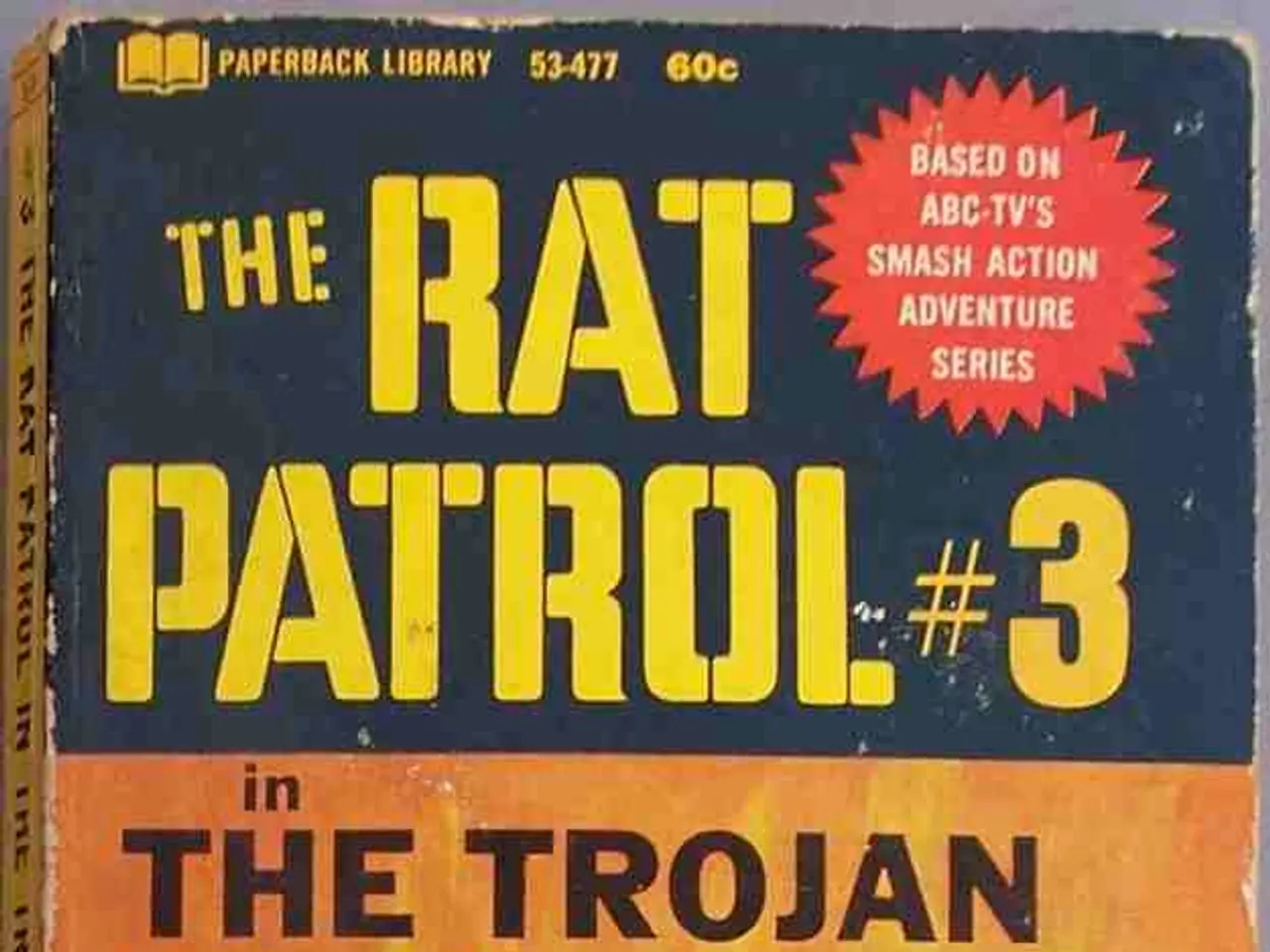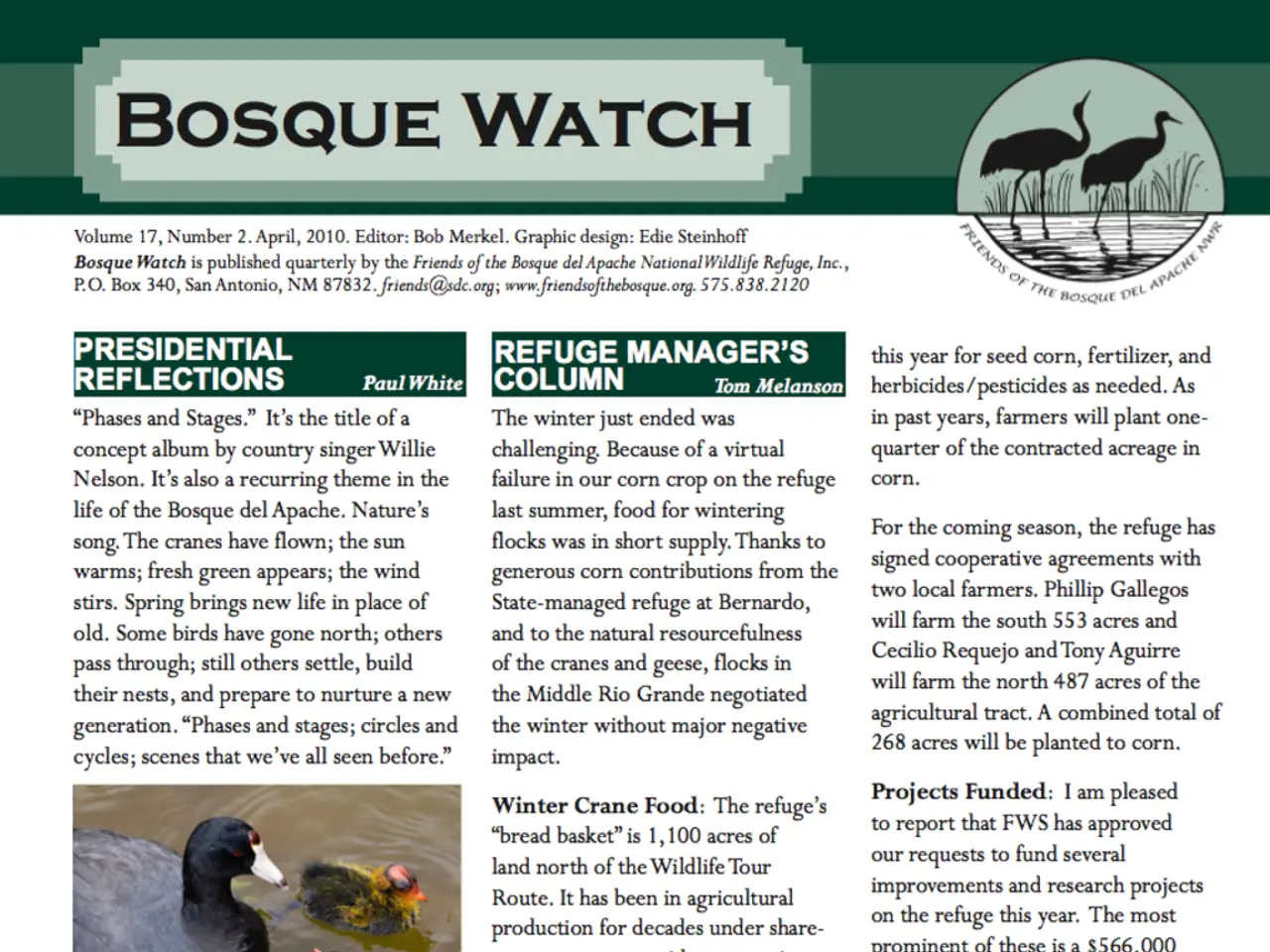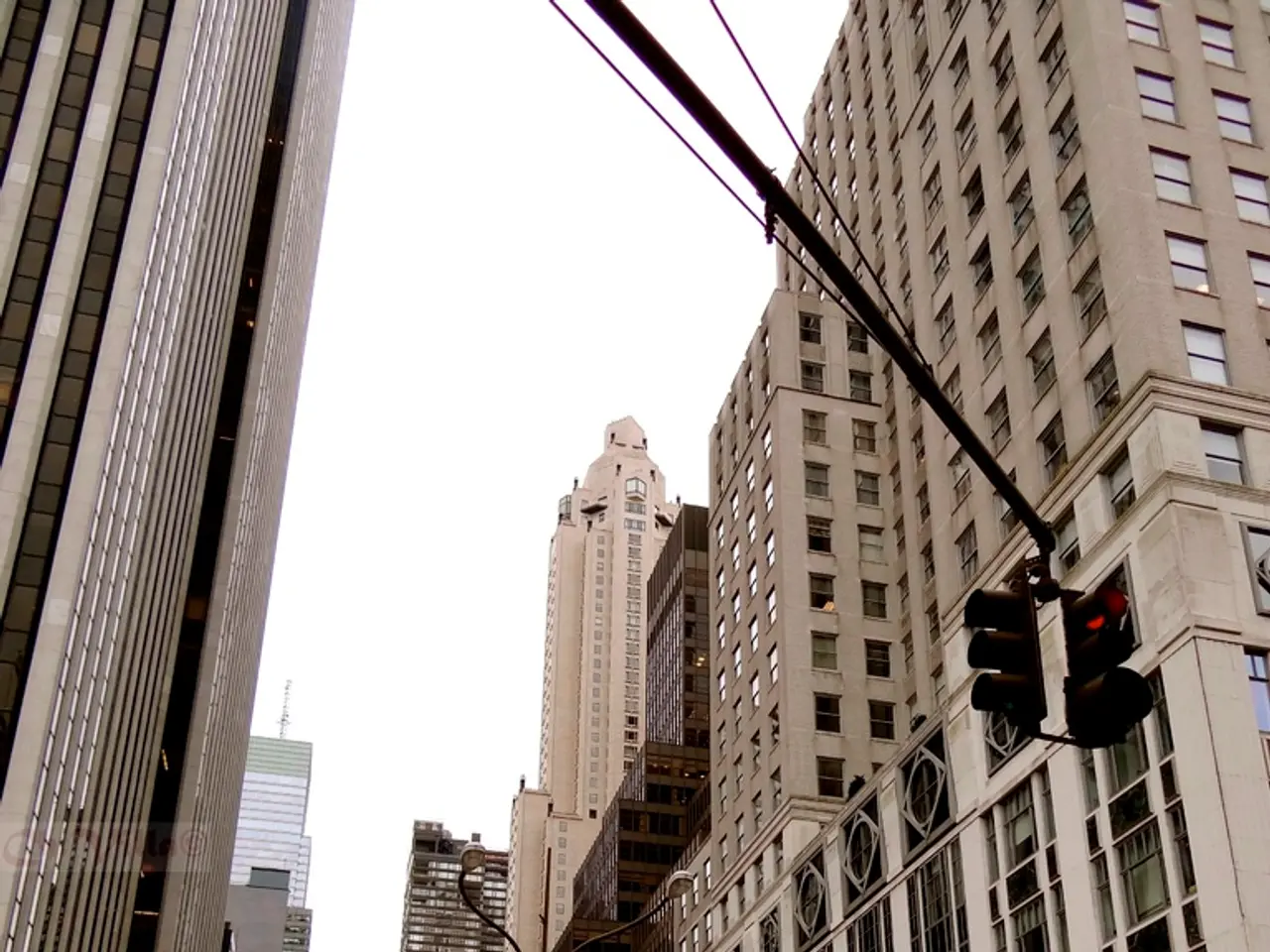Veteran Carlyle 'Smitty' Harris, the inventor of the 'Tap Code' used by prisoners of war during the Vietnam War, has passed away.
The Tap Code, a communication system used by American prisoners of war (POWs) during the Vietnam War, is a testament to the human spirit's ability to adapt and endure even in the most challenging circumstances. This innovative method of relaying messages, devised by a group of early POWs, including retired Air Force Col. Carlyle "Smitty" Harris, played a crucial role in maintaining morale, organizing resistance, and offering a lifeline to those incarcerated under North Vietnamese captivity.
Col. Harris, an Air Force pilot shot down over North Vietnam on April 4, 1965, was one of the first American aviators imprisoned there. During his eight-year ordeal, he endured interrogation, torture, solitary confinement, and malnutrition, his weight dropping from 160 to 90 pounds. Despite these awful conditions, Harris's compassionate and positive attitude earned him the title of an "amazing man and an amazing hero."
In 1965, while still early in his captivity, Harris and a small group of fellow POWs devised the Tap Code. Based on a 5x5 grid of the English alphabet, with the letter "K" omitted, each letter was represented by two sequences of taps: the first indicating the row and the second the column. For example, the letter "P" (row 4, column 5) would be conveyed as four taps, a pause, then five taps.
The Tap Code became essential for the POWs, serving various purposes from basic communication and organizing religious services to passing on chain-of-command orders and offering encouragement despite the constant threat of punishment if caught. The act of maintaining contact and morale through tapping on walls, pipes, or even coughing provided a lifeline, reducing isolation and helping prisoners endure physical and psychological torture.
In 2015, Tupelo, Miss., honoured Harris by installing an F-105 aircraft painted to look like the one he flew in Vietnam in Veterans Memorial Park. Placards around the aircraft relate the tale of Harris's mission and capture. In 2021, a post office in Tupelo was named after Harris by Congress.
Harris's leadership in creating and disseminating the Tap Code is widely recognized as a pivotal act of defiance and ingenuity under extreme adversity. The code became a symbol of resilience among Vietnam-era POWs and remains a powerful example of nonviolent resistance. After retiring from the Air Force, Harris completed a law degree and practiced law in Mississippi, managing a law firm and serving as a bank executive. Repatriated during "Operation Homecoming" in 1973, Harris recovered from his ordeal for a year at Maxwell Air Force Base, Ala.
In 2019, Harris published his autobiography, "Tap Code: The Epic Survival Tale of a Vietnam POW and the Secret Code that Changed Everything," to favourable critical reviews. The Tap Code, a beacon of hope and unity in the face of adversity, continues to inspire generations with its testament to the indomitable human spirit.
After Col. Harris's imprisonment in North Vietnam, he and his fellow POWs, despite the hardships they faced, devised the Tap Code, a resilient communication system, in the year 1965. In subsequent years, this secret code proved instrumental in maintaining morale amongst the POWs and served various purposes, including organizing sports activities in the desolate spaces of the prison camps, thereby fostering a sense of unity and camaraderie among the veterans.








